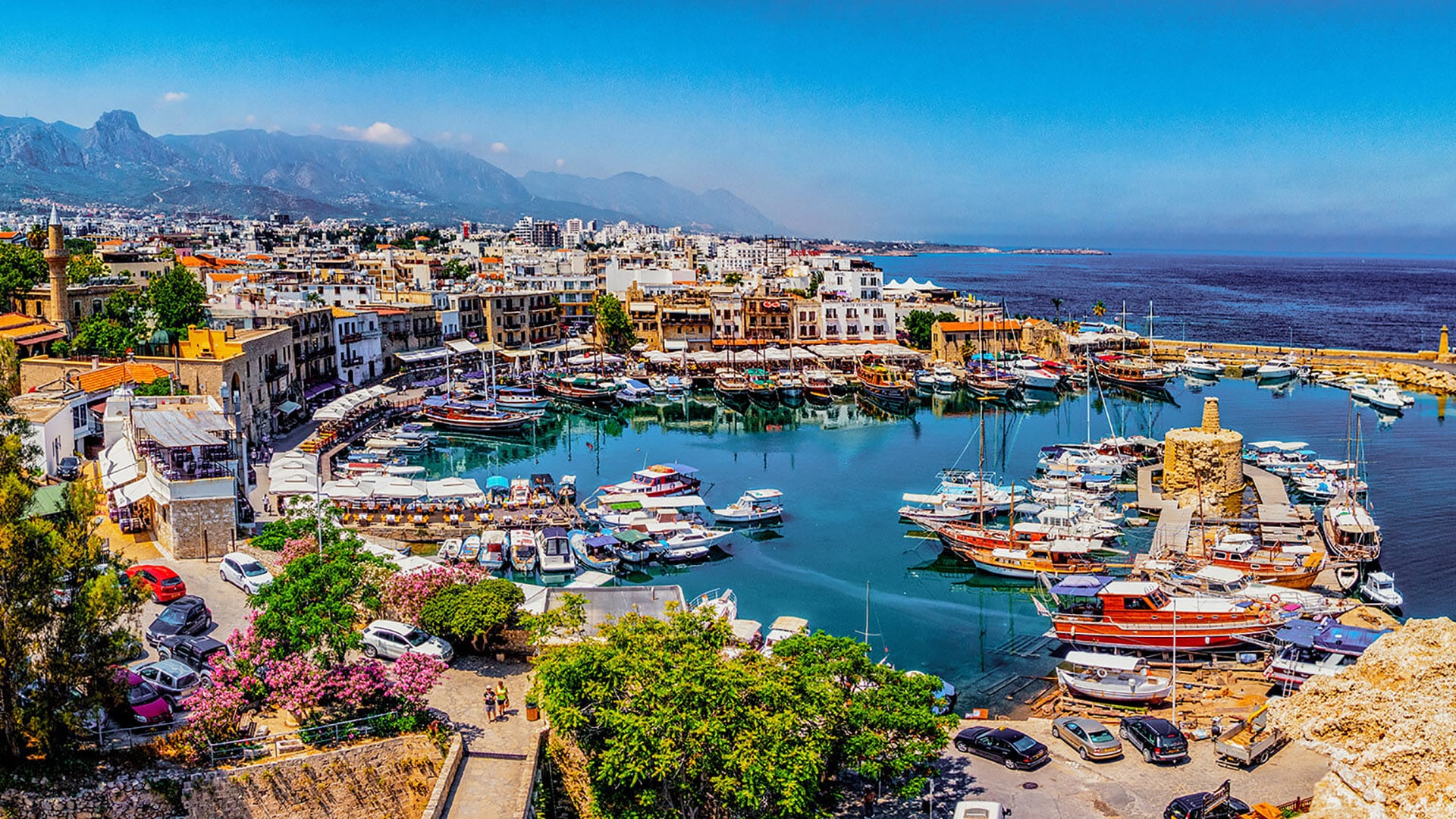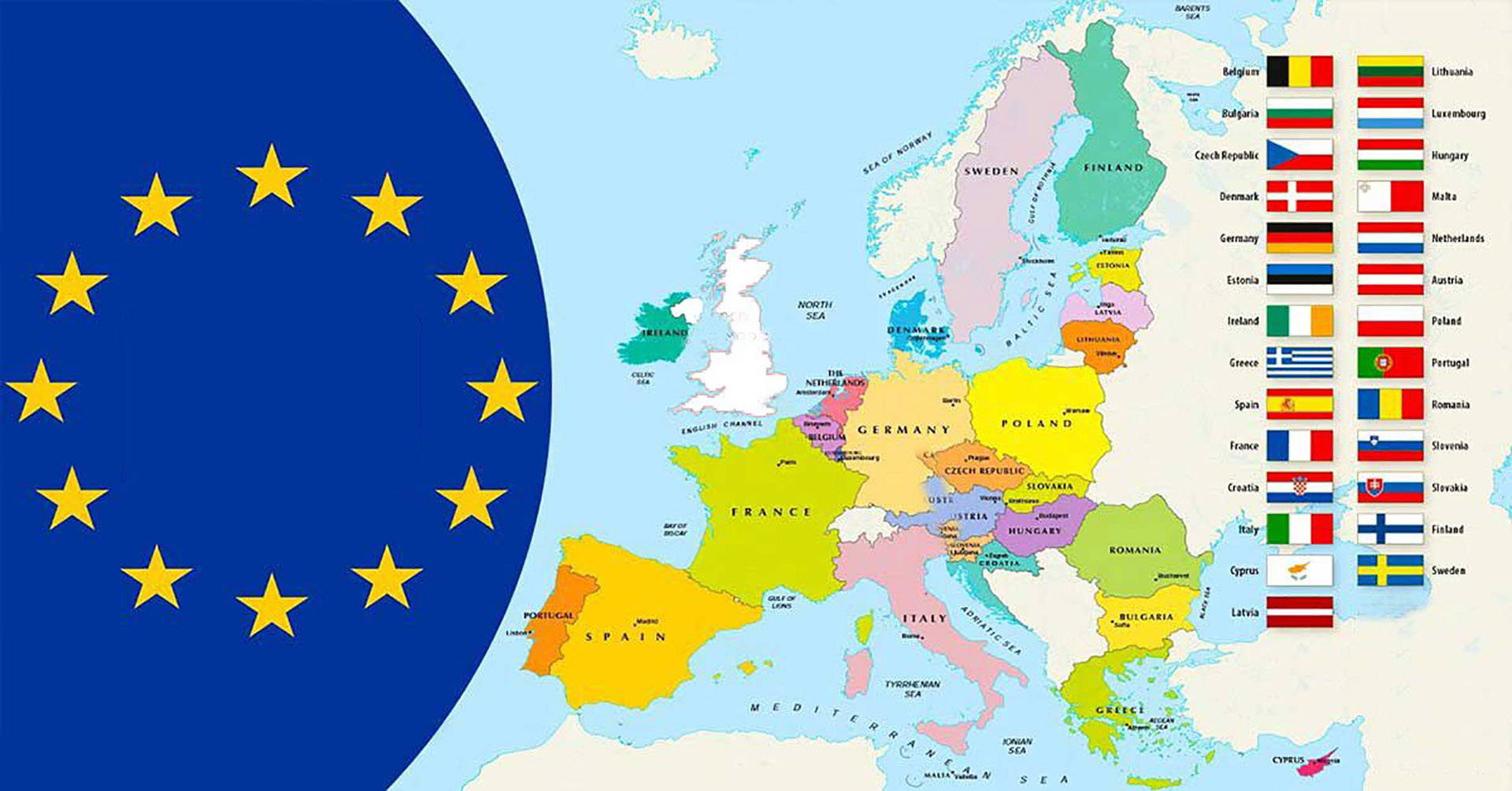SPECIFICS OF DOING BUSINESS IN LITHUANIA
Anyone can open a new company in Lithuania, regardless of residency. There is a program for obtaining a residence permit for investment, which allows businessmen who have registered a legal entity in the country to obtain a residence permit. However, the activities of fictitious companies opened solely to obtain citizenship have been actively monitored and controlled recently. Lithuania has a preferential policy for the administration of foreign investments, as well as reduced tax rates for non-residents.
Lithuania is particularly popular among businessmen working in the fintech field. A few years ago, the Lithuanian government eased the procedure for obtaining licences for the operation of electronic payment systems, which has attracted many new companies here.
TAXATION
In 2019, the Lithuanian tax system underwent significant changes. The entire taxation system was brought to a single legal framework that complies with international law. Currently, legal entities operating in this country must pay income tax (the basic rate is 15%), VAT (the rate is 21% if the company’s turnover exceeds 29,000 euros per year), contributions to the State Social Insurance Fund (both employers and employees must pay them, totalling about 40% of wages before tax). For companies employing no more than 10 people, a preferential income tax of 5% is provided. Entities operating in the agricultural sector can receive an exemption from income tax.
LICENSING
Conducting activities associated with risks to the environment, the health or welfare of people, or related to the security of the state in Lithuania, as well as in other countries, requires a licence. The types of businesses that require licences include restaurants, medical services, tourism, liquor sales, pharmaceutical business, construction, transportation, and more. Additionally, Lithuania is one of the few countries around the world where it is possible to obtain an official state licence to conduct cryptocurrency activities.
REPORTING
Most companies in Lithuania are required to submit annual financial statements. These statements must be submitted to the Registry Center (Registrų centras), which can be done in both paper and electronic formats. The scope of information required depends on various factors such as the company’s revenue, balance sheet, number of employees, and the specifics of its activities. Companies with an annual turnover not exceeding 2.9 million euros are allowed to submit an abbreviated financial report. Financial statements must comply with the requirements of the Accounting Law. Accounting standards in Lithuania are based on the International Financial Reporting Standards, yet they are more detailed here.













